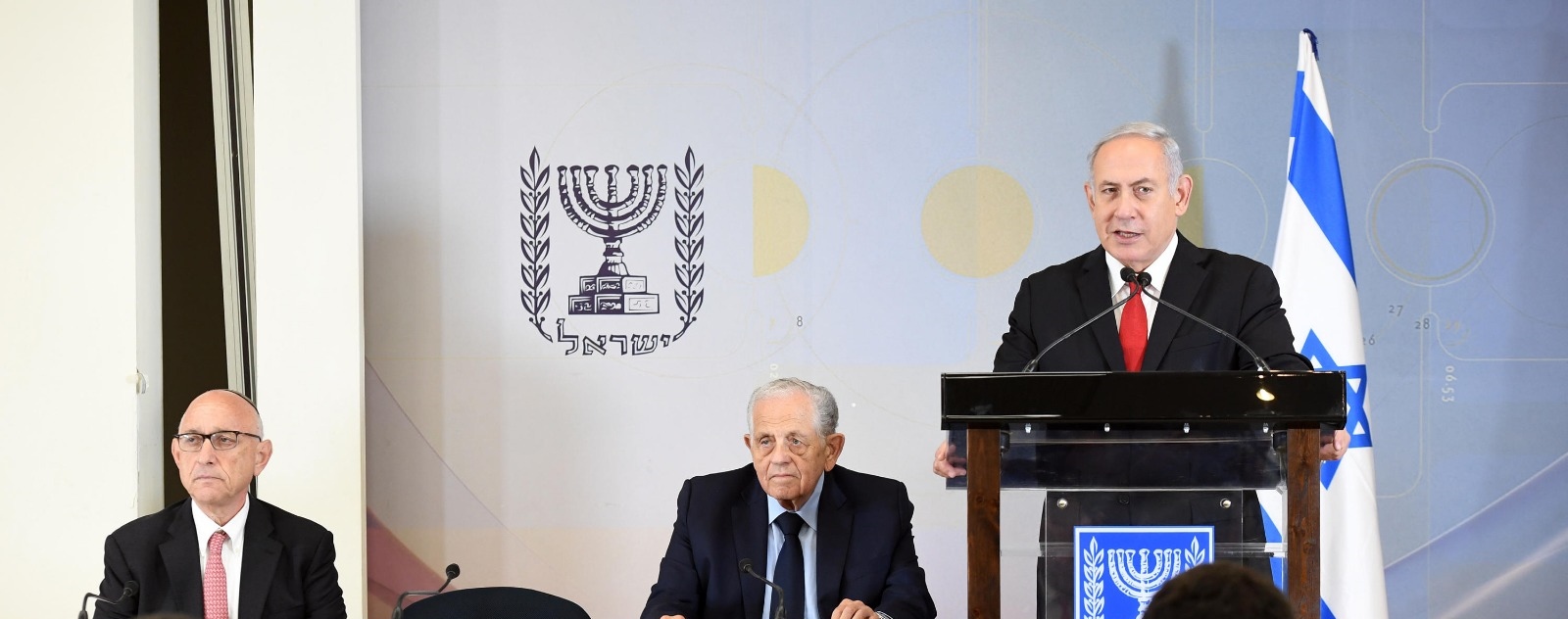Poland Amends Holocaust Bill
June 29, 2018 | Expert Insights

Poland has amended a controversial Holocaust Bill amid backlash from the international community. The government has decriminalized its previous decree, which stated that those accusing the Polish state of complicity in anti-Semitic crimes committed during World War II would be punished by law.
Background
The Holocaust was the mass extermination of nearly 6 million Jews and other groups of people in Europe that occurred during World War II at the hands of the German Nazi Party. This was a genocide that was motivated by racial-based nationalism, in order to wipe out the Jewish race as a whole. Genocide refers to the purposeful act of destroying a group of people, based on ethnic, national, religious and racial factors.
The Nazi Party was motivated by the ideology of anti-Semitism. They systematically executed European Jews because they considered them “racially inferior”. However, anti-Semitism, began much before the Nazis came to power. It was coined by Wilhelm Marr, implying intense hostility toward Jews. Anti-Semitic ideas were found wherever Jews existed. Anti-Semitism was first recorded in the ancient empires of Babylonia, Greece and Rome. It originated out of religious differences, as the Jews worshipped only one god in contrast to multiple gods. The Jews were also targeted for their alleged unwillingness to assimilate into host societies. They were viewed as outsiders, in their distinctive attires. They were considered shrewd and wealthy businessmen, who survived adversities such as pandemics, droughts and extreme weather by amassing wealth. Thus, they became the perfect target of scapegoating everywhere they went. In Medieval Europe, the Jewish community was denied citizenship and forced to live in ghettos. Even the mighty Russian Empire organized pogroms (systematic extermination) against the Jews.
At the time of German occupation of Poland, the Jews were being blamed for all of Europe’s war and economic problems. The Jews had a long standing history in Poland, where they formed one of the largest Jewish communities in the world. Poland was the center of Jewish culture. Here, the Germans built 6 concentration or death camps, the largest being Auschwitz, Treblinka and Birkenau. Within these camps Jews from occupied German territories, including Poland, and other groups like the disabled, homosexual and gypsies, were executed.
Analysis
In February 2018, the Polish senate had passed a controversial bill that outlawed or made it a crime to blame Poland for wrongdoings committed during the Holocaust. As per the Bill, the ruling right-wing Law and Justice Party called for up to three years imprisonment or a fine for accusing the Polish state or people of involvement or responsibility for Nazi crimes. However, the Polish government backtracked the Bill late June 2018 because of the intense outcry by Israel and USA. The lower house of Parliament voted 388-25 in favour of the amendment. The threat of imprisonment has been scrapped away; however, the possibility of imposing fines still remains. Academic and historical research on the Holocaust will continue uninterrupted.
In a news conference, the Polish Prime Minister Mateusz Morawiecki stated that, “Those who say that Poland may be responsible for the crimes of World War II deserve jail terms. But we operate in an international context, and we take that into account.” The move comes as Poland seeks to strengthen its security ties with USA. Poland also wants to amend its past relations with Israel, a staunch opponent to the previous bill. Poland faces disputes with the European Union, which it seeks to appease through the reform.
Critics of the Bill had argued that it was an attempt at misrepresenting Holocaust history. Israeli Prime Minister Benjamin Netanyahu in a statement in February expressed that, “One cannot change history, and the Holocaust cannot be denied.” Liberals in the country stated that the introduction of the Bill in the first place had tarnished Poland’s reputation in the international community. There was a brief wave of anti-Semitism in Poland, and anti-Polish hate speech in Israel. In Jerusalem, the Yad Vashem Holocaust Memorial welcomed the move stating that “the correct way to combat historical misrepresentations is by reinforcing open, free research and educational activities.”
Counterpoint
Poland had originally passed the Bill in order to salvage the country’s reputation against statements by politicians and the media, who used terms like “Polish death camps” to refer to camps run by the Nazi Germans. Unlike other European nations, there was no collaboration between the Polish government and the Nazi Party. Instead, the emphasis needed to be placed on the fact that crimes were committed by individuals rather than the state. Thus, the Polish nation collectively cannot be held responsible for others’ crimes.
Assessment
Our assessment is that Poland’s strained relations with USA and Israel will improve. We believe that the amendment would aid in understanding the complexities of the Jewish-Polish history. Normalcy would be restored in their relationship. It will also remove obstacles in the Holocaust research. Based on recent trends, only a positive Israeli response will determine a decrease in international criticism against Poland. The Holocaust had a powerful impact on humanity. History repeats itself, and learning from the errors of previous leaders can steer the course of current events in the right direction.








Comments